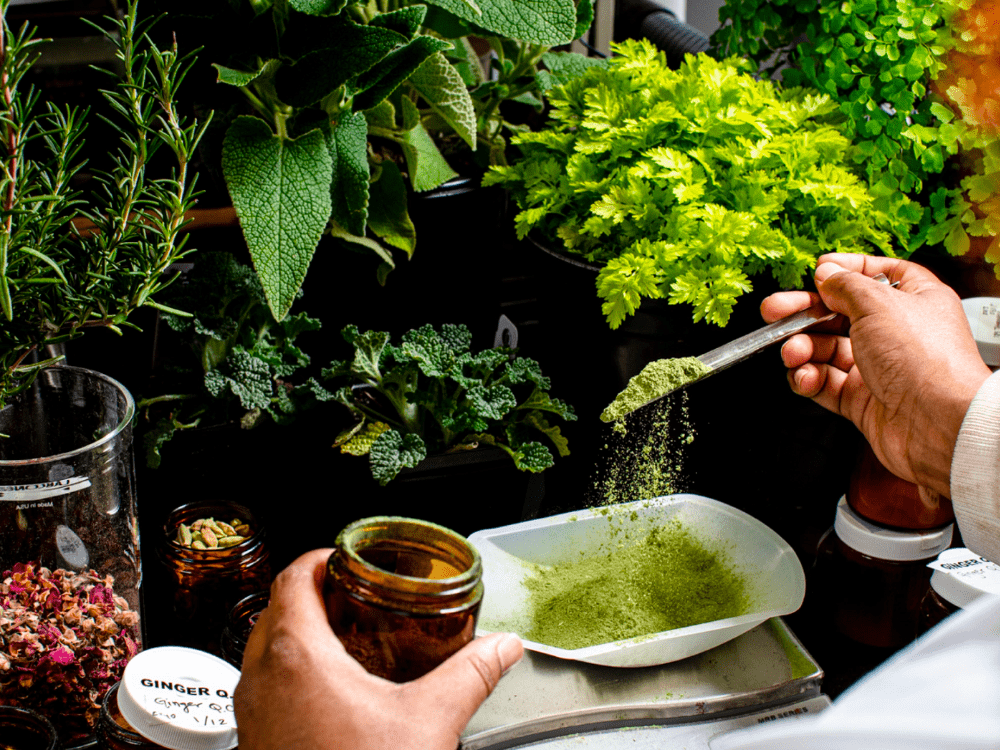Disclosure: AgFunderNews’ parent company AgFunder is an investor in Brightseed.
- Nutrient discovery platform Brightseed has formed the Bioactives Coalition to advance awareness and inclusion of bioactives in food and healthcare.
- Bioactives are biologically active small molecules found in plants and microbes. When consumed, they trigger responses that strengthen the metabolism, immune system, and a host of other health benefits in the human body.
- Bioactives found in plants and other natural sources are vital for human health but largely absent from current dietary guidelines.
- The Coalition aims to bring mainstream awareness and education about bioactives to industries, consumers, and policymakers.

Why it matters:
Half the global population is on track to become obese by 2035, according to one recent report; dietary preferences towards processed foods and inadequate healthcare systems are a couple of the major reasons for this unsettling statistic. Poor diet, in particular, can lead to chronic diseases like diabetes which account for 74% of all deaths globally.
Against this backdrop, San Francisco-based Brightseed is developing novel uses for bioactives in food and pharmaceuticals that could address the above global health concerns.
Some common bioactives found in food include carotenoids, minerals, and peptides, among others. Tea, berries, cocoa, cinnamon and many other foods contain bioactive components, which are widely seen as providing extra nutrition that can help fight chronic disease and other health problems.
Brightseed’s platform, Forager, is an AI-based computational platform that identifies natural bioactives with health benefits in plants. The company’s goal is to find high-impact bioactive compounds to be included as functional ingredients for foods and beverages. Brightseed says it has mapped more than 4 million plant compounds to date, which is 40 times more than the existing corpus of scientific literature. Its first ingredient is made from upcycled hemp hulls that contains a high concentration of two bioactives that support gut health.
But as Brightseed points out, scientists have long struggled to gain a deeper understanding of how bioactives work in the human body. As a result, there is no standard definition of them, nor much inclusion of them in health and dietary guidelines.
This is what Brightseed hopes to change through the Bioactives Coalition. By partnering with researchers and experts in food, agriculture and health, Brightseed hopes to “build a widely accepted consensus on the definition and role of bioactive compounds for integration into dietary guidelines or current regulatory frameworks,” according to Brightseed’s SVP of Scientific and Medical Affairs Jan-Willem Van Klinken.
“Bioactives are the ‘missing good’ in our food system and a core component required for proactive and preventative health,” he continues. “With the tools and research momentum available today, we can go beyond vitamins, minerals and proteins and begin including bioactives as an important part of nutrition and in modern medical education.”
The Coalition aims to bring together food and healthcare leaders in order to advance education for industries, policymakers and consumers about bioactives.
Members currently include:
- Jed W. Fahey M.S., Sc.D, a Johns Hopkins nutritional biochemist
- Mark Hyman, MD, founder and senior advisor for the Cleveland Clinic Center for Functional Medicine
- Taylor C. Wallace, PhD, CFS, FACN, principal and CEO of the Think Healthy Group and co-author of the first North American guideline and intake recommendation for flavan-3-ols
- Katie Stebbins, executive director of the Food & Nutrition Innovation Institute at Tufts University
- Ashlie Burkart, MD, CM, chief scientific officer at Germin8 Ventures
- Chef Robert E. Graham, MD, MPH, founder of FRESH Medicine and FRESH Med U
- Jennifer Kelly, PhD, nutrition director at Food Systems For The Future




